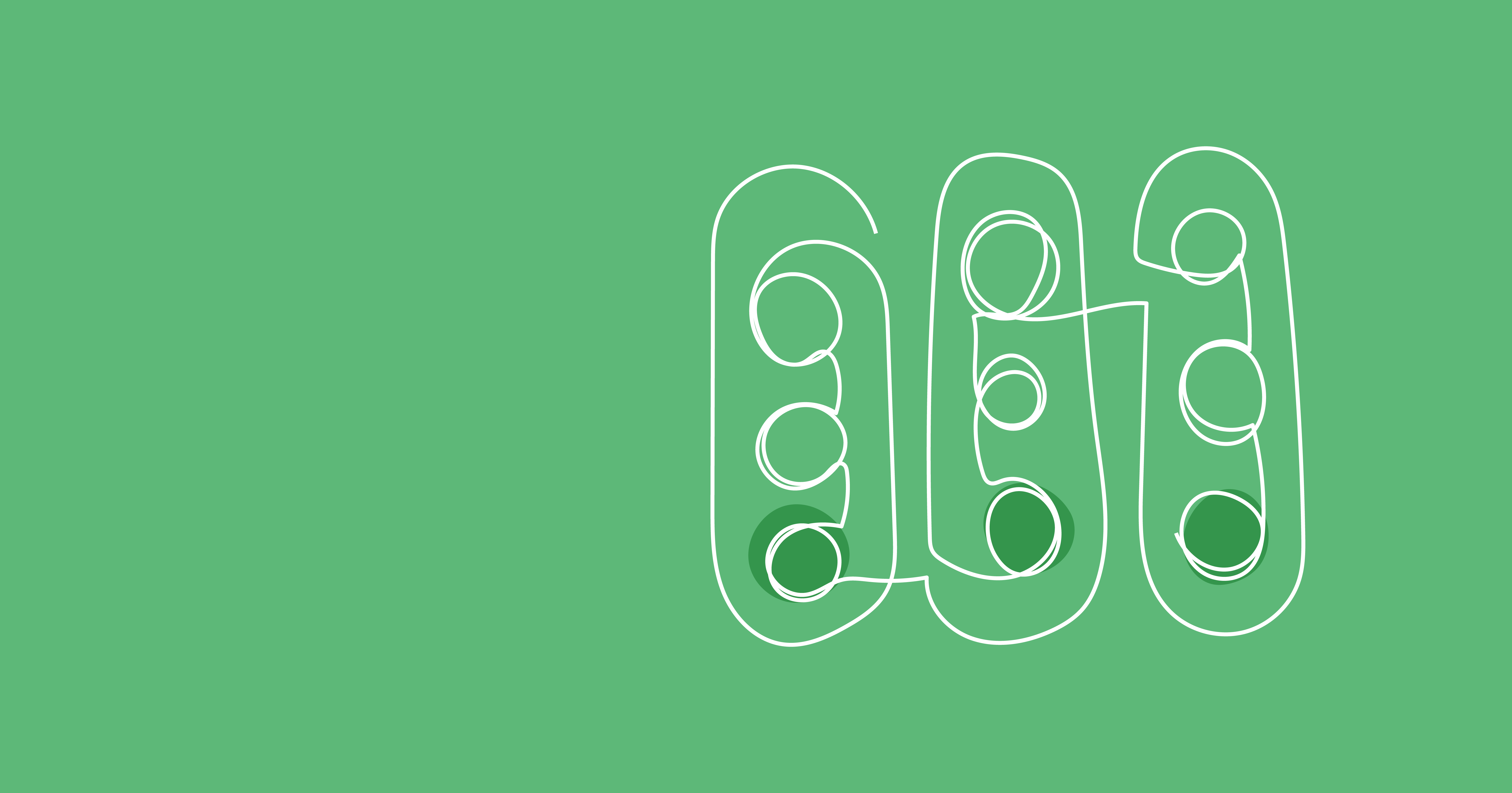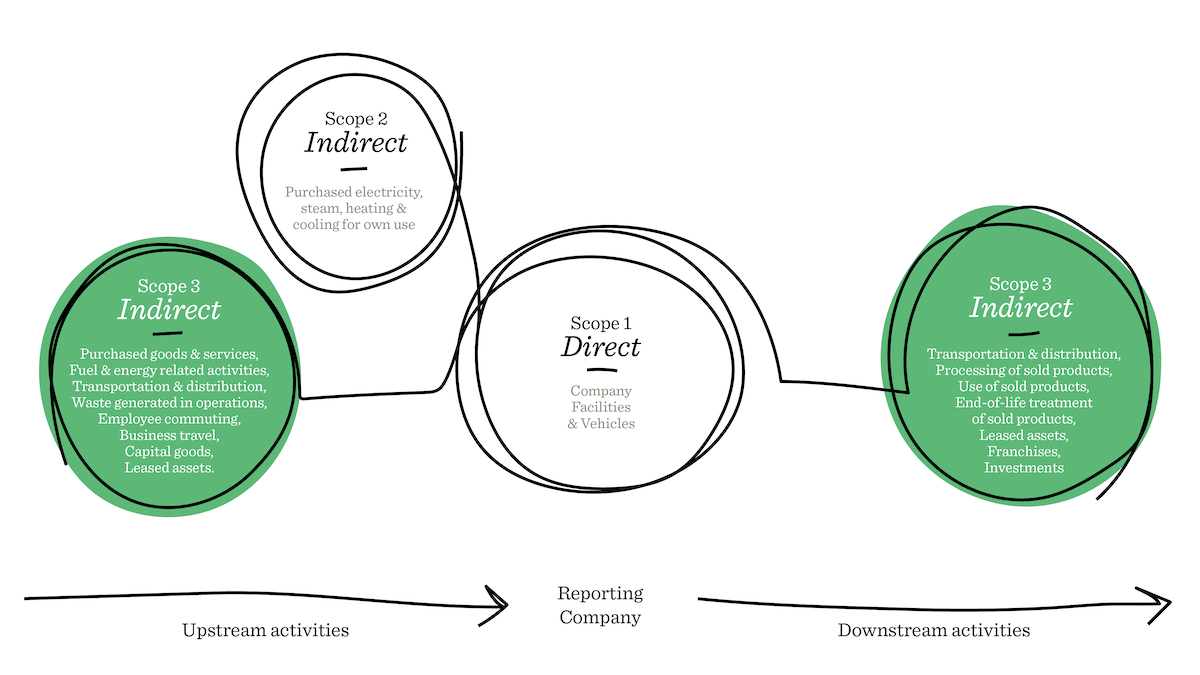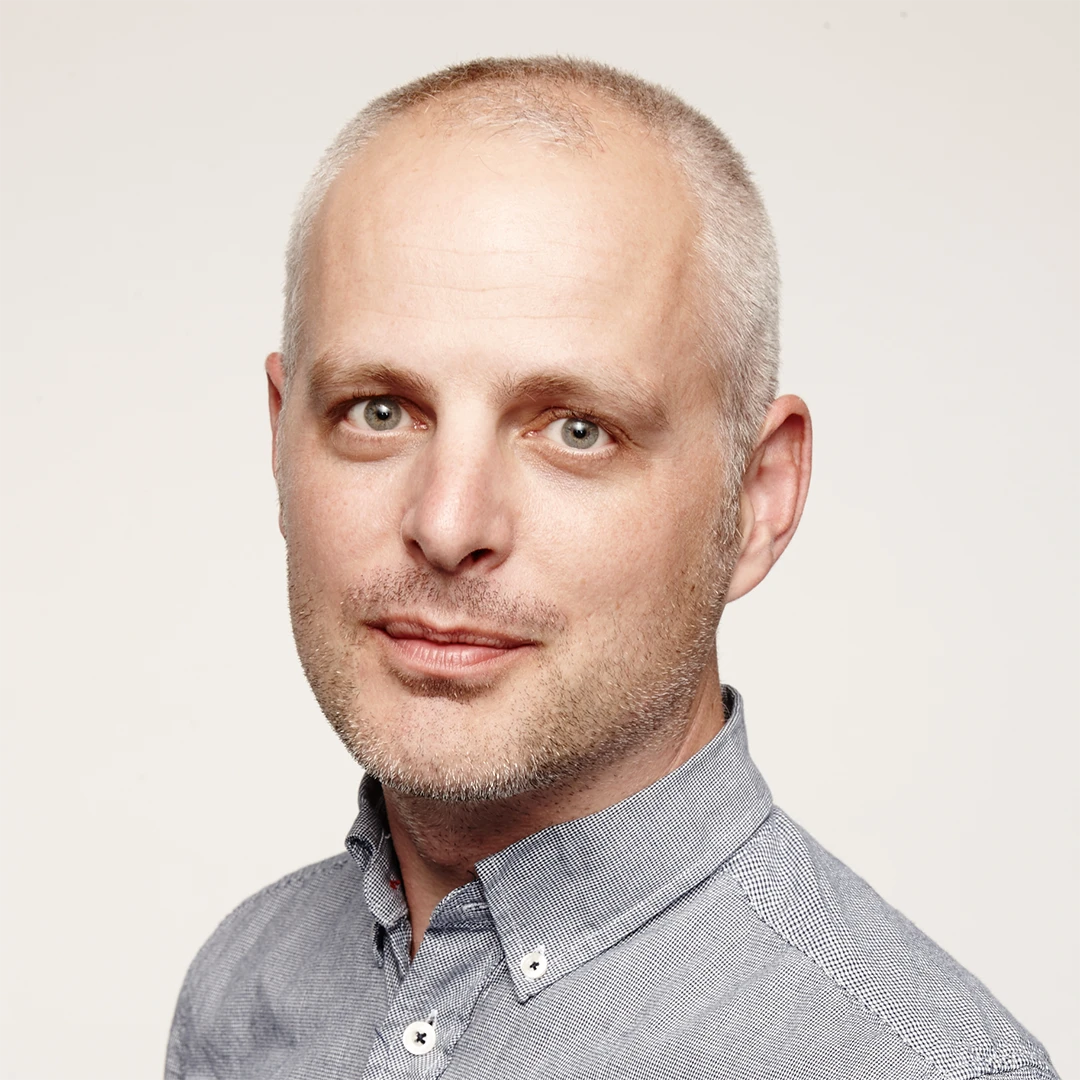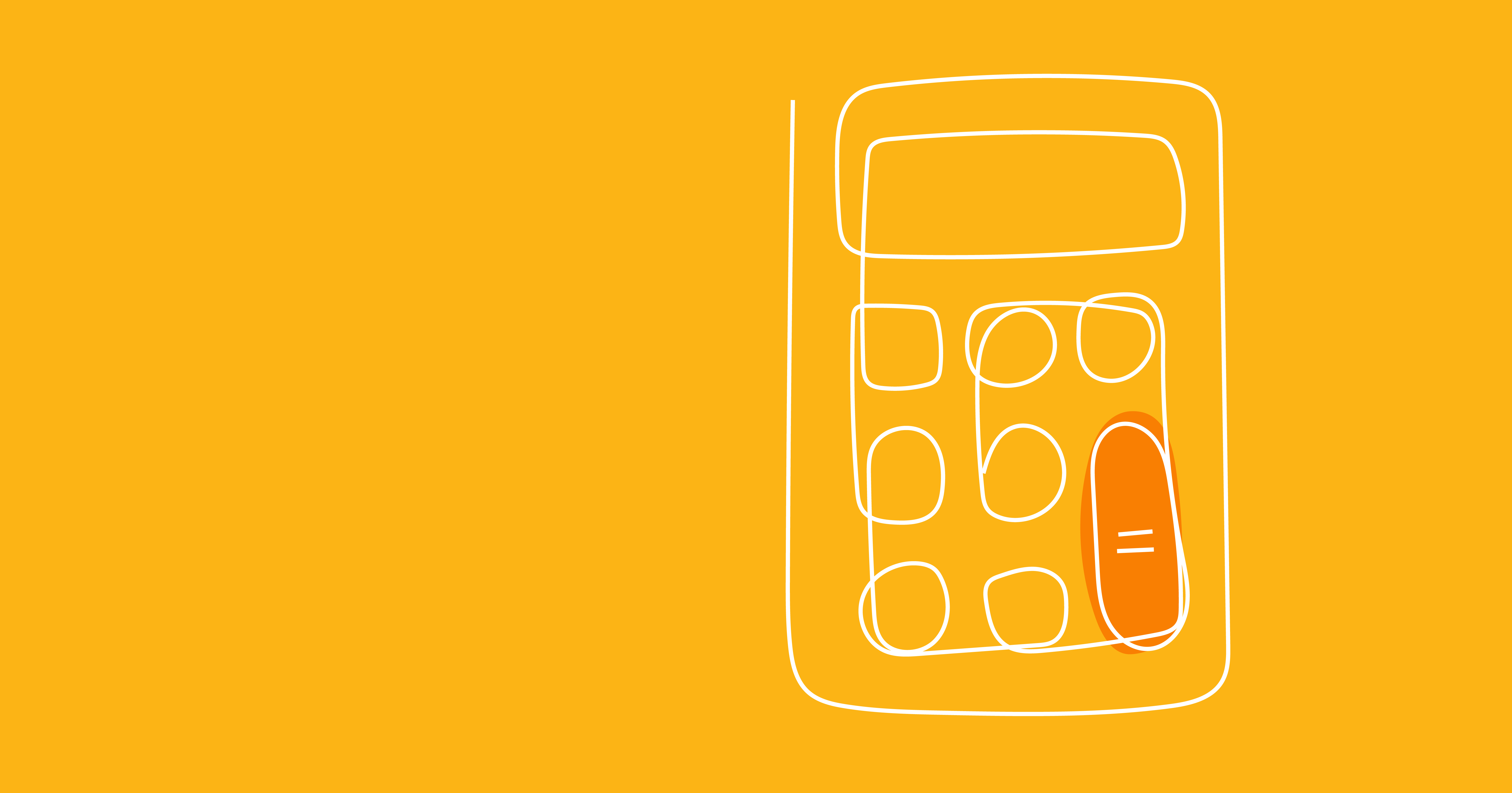“You’ve just got to get started!”

Those were the words that Tim Brown, co-founder and co-CEO of Allbirds, uttered to me just before the pandemic began.
We were at a conference that IDEO was hosting in the Bay Area. We’d just been jamming on the approach Allbirds was taking to carbon labeling its products and he was chastising me for IDEO’s lack of visible progress in addressing the climate crisis.
His feedback stung. But isn’t that what friends are for—to call you on your BS?
I went home and dug into IDEO’s growing portfolio of work in the climate space. We had written a guide to circular design with the Ellen MacArthur Foundation, hosted open innovation challenges to redesign single-use cups and plastic bags with Closed Loop Partners, explored potential scenarios around the future of regenerative food systems, and had begun coaching many of our clients towards work that directly tackled climate change and sustainability. But in poring over our work, I realized that what we were doing so well for our clients, we were failing to do for ourselves. How could we expect our clients to partner with us on such important challenges when our own house wasn’t in order?
Luckily, I wasn’t alone in my desire to catalyze IDEO’s efforts around addressing climate change. Many of my colleagues were grappling with the same questions, including IDEO Partner, Dean Malmgren. As we dug into where we could and should take action, we began to grapple with the impact of Scope 3 emissions.

What are Scope 3 emissions? Greenhouse gas (GHG) emissions are categorized into three “scopes” according to the world’s most widely used accounting standard, the GHG Corporate Protocol. Scope 1 emissions cover direct emissions from sources an organization owns or controls. Scope 2 emissions include indirect emissions associated with the purchase of electricity, heat, steam, or cooling. Scope 3 emissions, or “value chain emissions,” are the result of activities from assets not owned or controlled by an organization. These indirect emissions occur outside of an organization’s operations—think business travel, commuting, or purchased goods.
Interestingly, 80-90% of an organization's carbon footprint comes from Scope 3 emissions—or from their upstream and downstream suppliers. So in order to reduce IDEO’s carbon footprint, we would need to carefully consider the suppliers with which we work and the impact of the work IDEO delivers.
At the same time, we’ve seen many of our clients wrestling with this challenge. While comforting to see, it also gave us a second, much needed, wake up call.
If our clients—many of whom have made public Net Zero commitments—were working on the same problem, they’d quickly arrive at a similar conclusion and start considering the climate impact of their business partners to manage-down their own footprint. We immediately saw the future: IDEO was going to increasingly be put under the microscope to understand whether we were the right partner for their business.
As we socialized this realization, we quickly learned that we’d already seen a steady uptick in clients and procurement partners requesting details about IDEO’s sustainability programs (and rightly so!). Not only are climate initiatives a moral imperative, but there was also a clear case for business risk associated with languishing. We were staring that business risk straight in the face.
And so Dean, I, and many others across IDEO made the decision to “just get started.” Because it’s the right thing to do for the planet. And because it’s the necessary thing to do for our business and for our clients’ businesses.
We made a commitment for IDEO to reduce our emissions in line with the Paris Agreement and to be Net Zero effective Jan 1, 2021. We estimated our carbon footprint. We purchased voluntary carbon offsets for our 2021 emissions. We switched to renewable energy across all of our locations globally. We experimented with addressing emissions offsets in our project plans and contracts. We offered more responsible investments in our 401(k). We have been regularly meeting with our sibling firms across kyu and the broader design consulting industry to share learnings and best practices for evolving our business model for the climate era. And many of IDEO’s locations have taken on a smorgasbord of initiatives to make their operations more climate-friendly as well, from switching to LED lighting, to serving local food and composting whatever we can.
We have made progress, but we are far from perfect. There’s much more work to do. And unfortunately, we are unlikely to be perfect any time soon. That’s where you, dear readers, come into play. Over the next few weeks, we’ll share some of the work we have done and the dilemmas that we have run into along the way. We’re hoping that this is the start of many conversations, ones that not only help us consider different perspectives and approaches, but also help others get started too.
To progress, together!
This article is part of a series detailing IDEO’s journey to becoming Net Zero, the lessons we’ve learned, and our continued commitments to addressing climate change.
Words and art


Subscribe

.svg)









